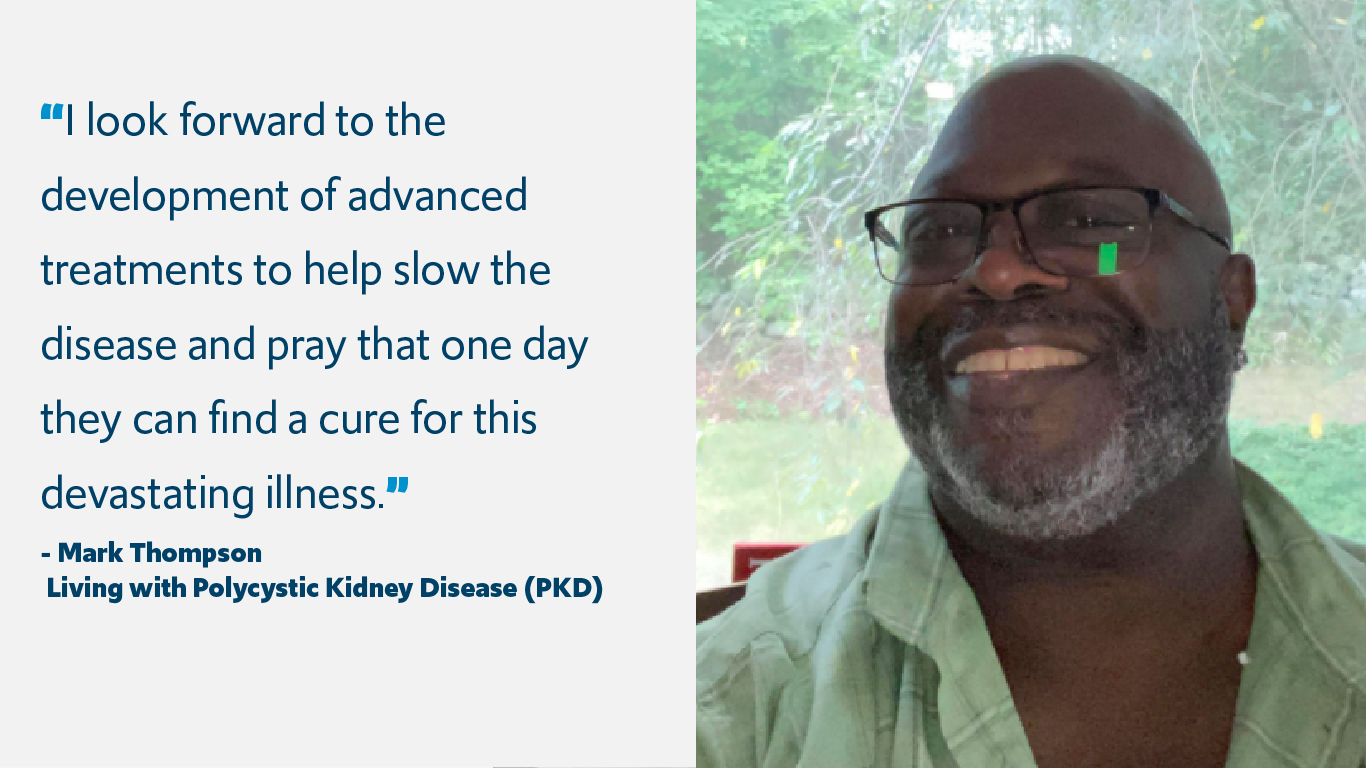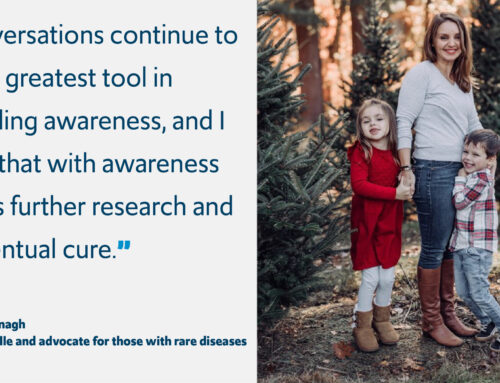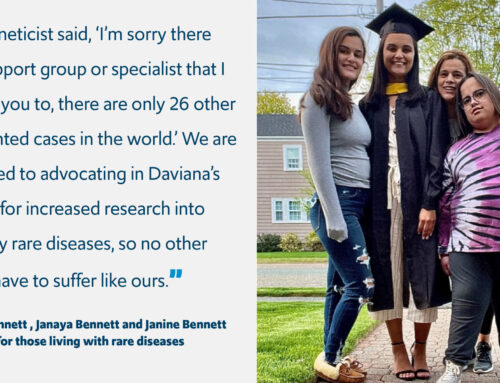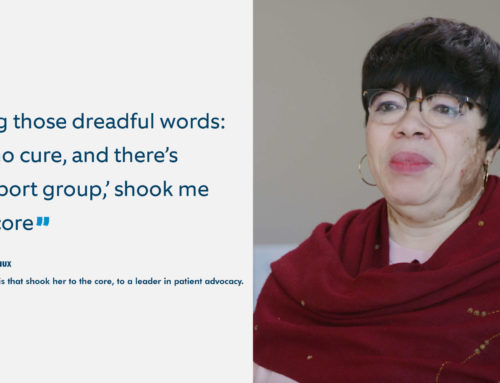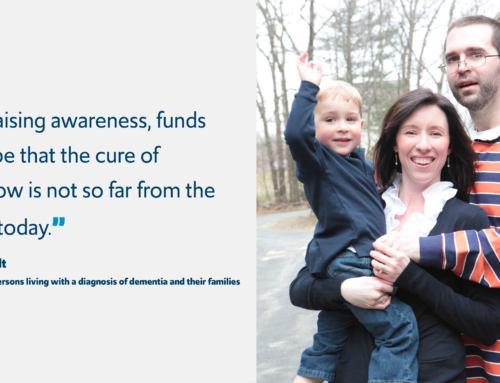After suffering a heart attack at the age of 46, which was brought on primarily from years of battling high blood pressure, my new doctor revealed that the cysts I’ve had on my kidneys for decades were causing spikes in my blood pressure, and that I should see a specialist in the field of nephrology. In 2008, I was diagnosed with Polycystic Kidney Disease (PKD), an inherited disorder in which clusters of cysts develop, cause the kidneys to enlarge, and lose their function over time. I was told that there was a 53% chance that I would end up on dialysis while I waited to hopefully get a kidney transplant in the future.
In 2016, I received the devastating news that I would have to start dialysis and my world would never be the same again. I started out with peritoneal dialysis, which involved a large catheter being surgically placed in my abdomen and being hooked up to a machine while I slept for at least eight hours a night. Over time, my body didn’t respond as well to this type of treatment, and I was forced to be on the machine up to 11 hours a day. It completely consumed my life, and we made the decision to switch to hemodialysis.
Three times a week, I travel to a center and receive hemodialysis treatment for five hours a day. My blood is taken out of my body through a fistula that had to be permanently placed in my arm through surgery. The blood is cleaned and then returned into my body. The side effects have a huge impact on everyday life, including: tiredness, pain, major food and fluid restrictions, memory loss, weight gain, loss of taste and smell, numerous surgeries on the fistula in my arm, complications, and a general decline in my overall health.
Right now, my two kidneys weigh about 30 pounds due to the large cysts that have grown. This has caused terrible pain and discomfort throughout my body. There is no cure for polycystic kidney disease, and my biggest concern is that it is inherited. I worry about my children. Polycystic kidney disease typically develops when patients are in their 30s and there is a 50/50 chance that my children may inherit it.
Although it is not a rare disease, a lot of people don’t know much about it. For some reason, it doesn’t receive the same media and public attention as other illnesses. I look forward to the development of advanced treatments to help slow the disease and pray that one day they can find a cure for this devastating illness.
Mark Thompson
Living with Polycystic Kidney Disease (PKD)

